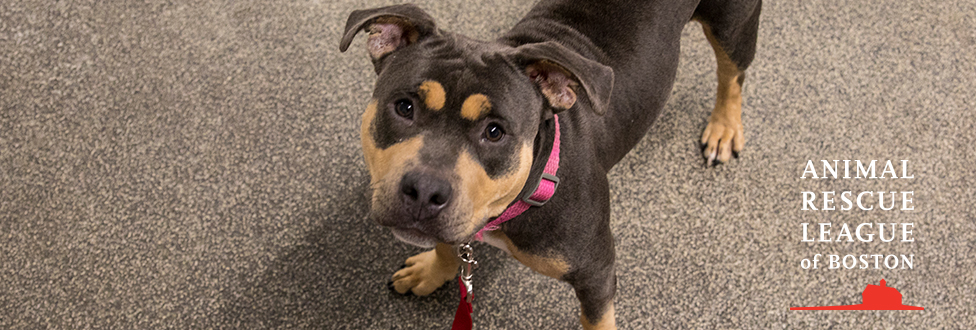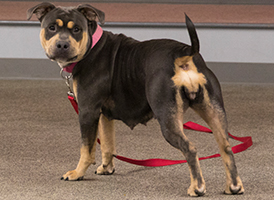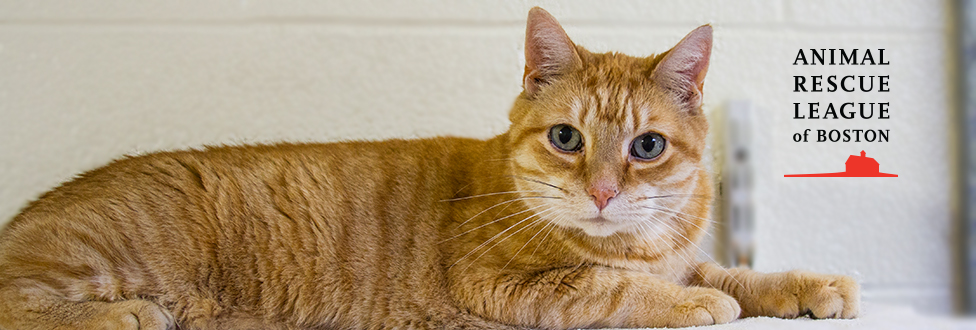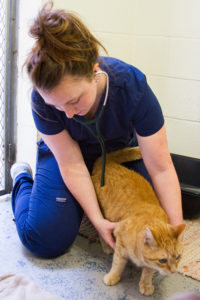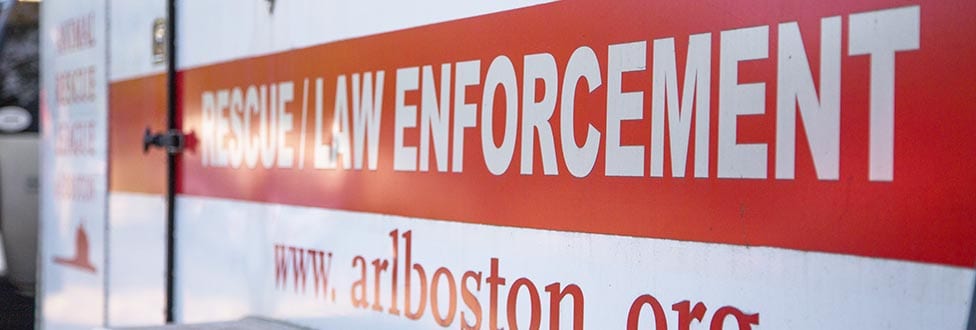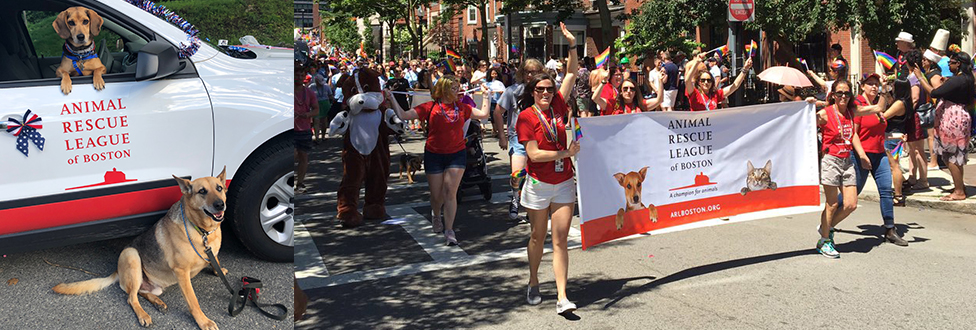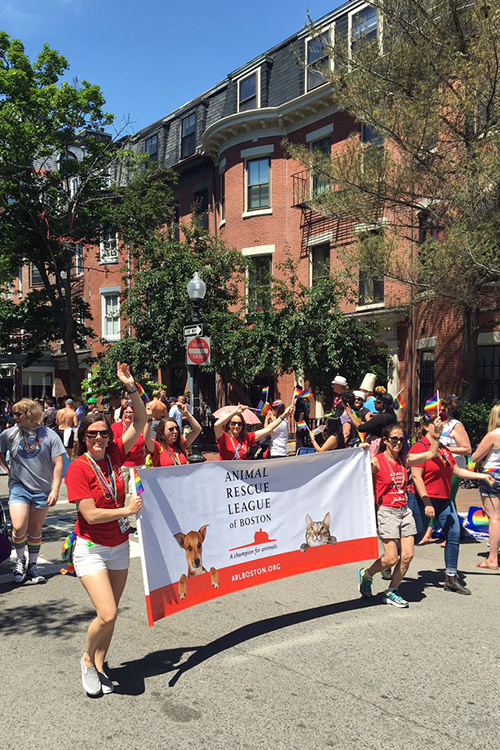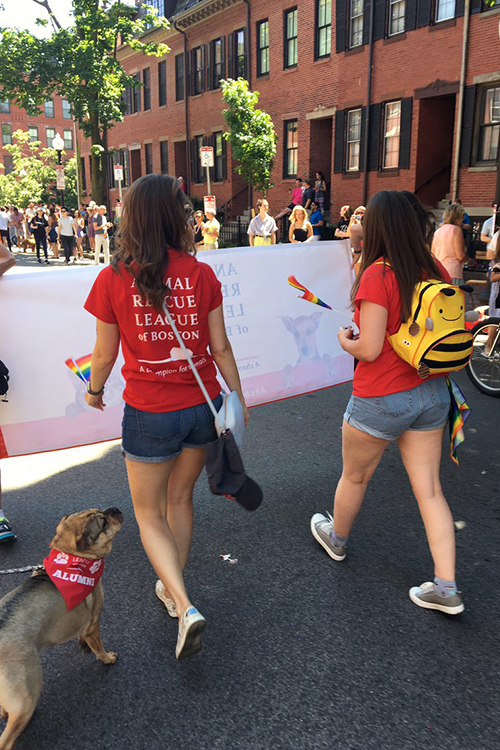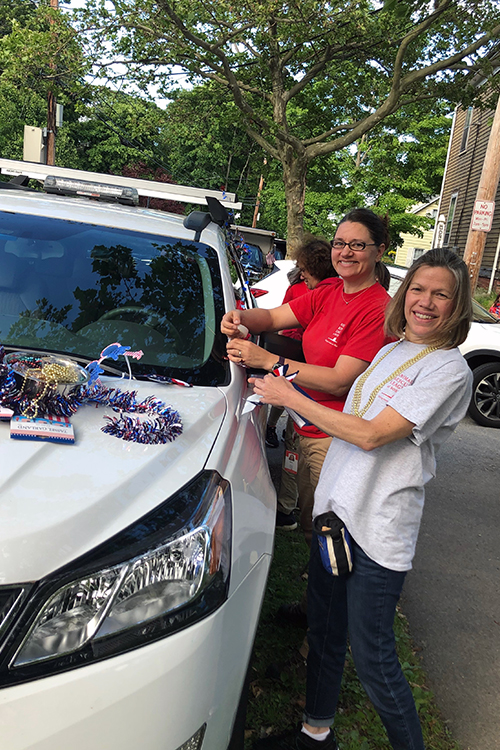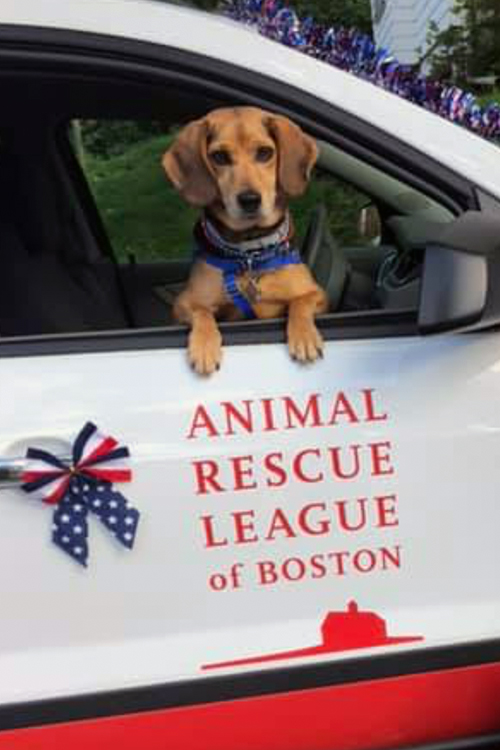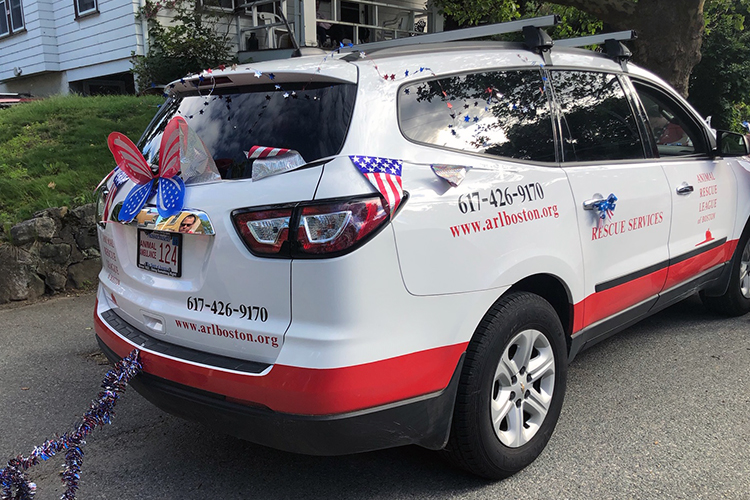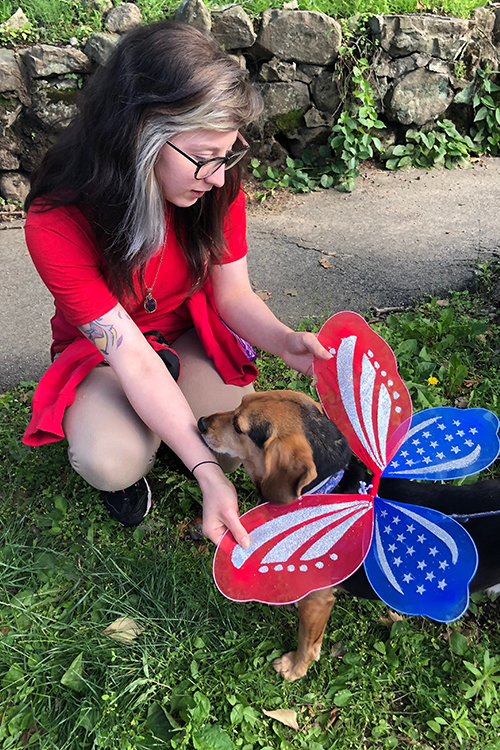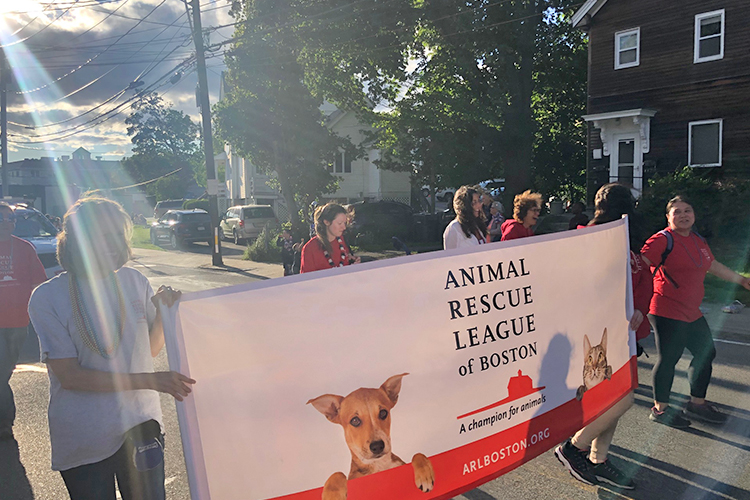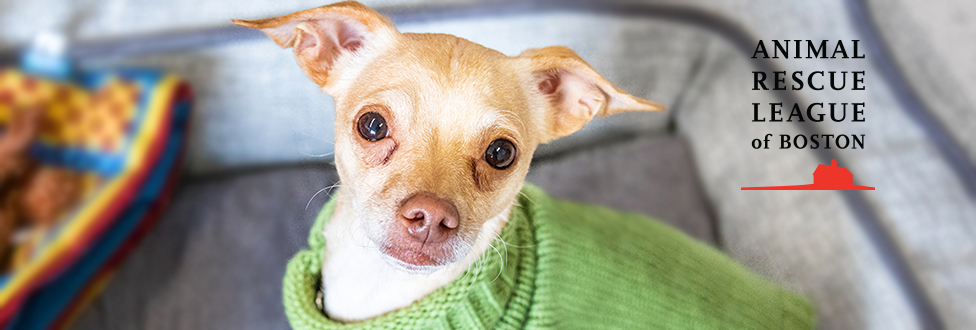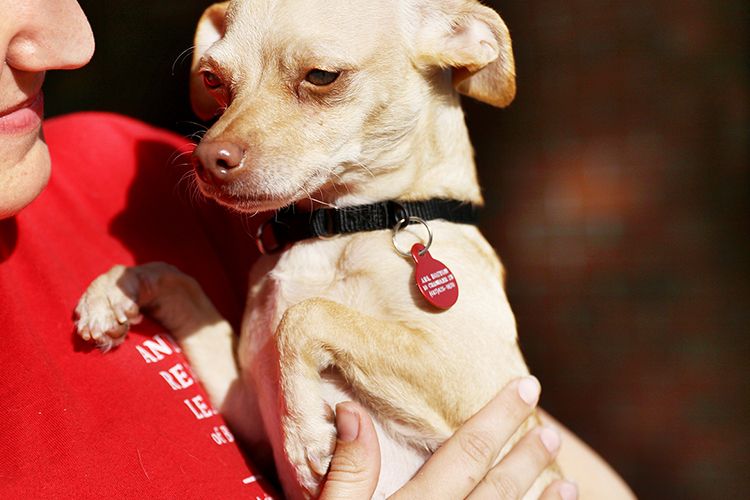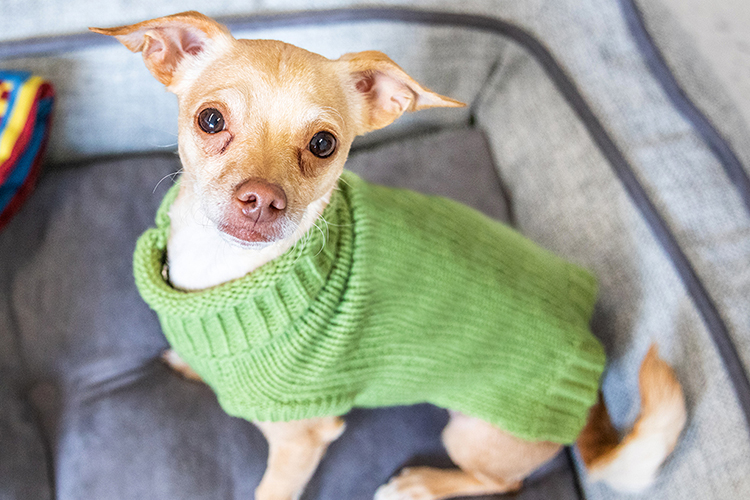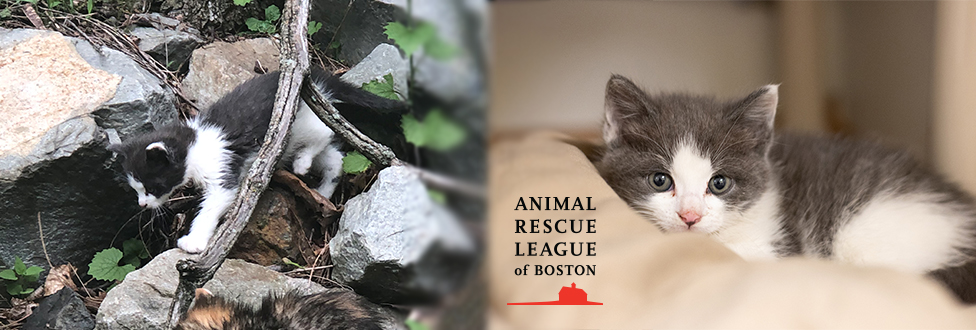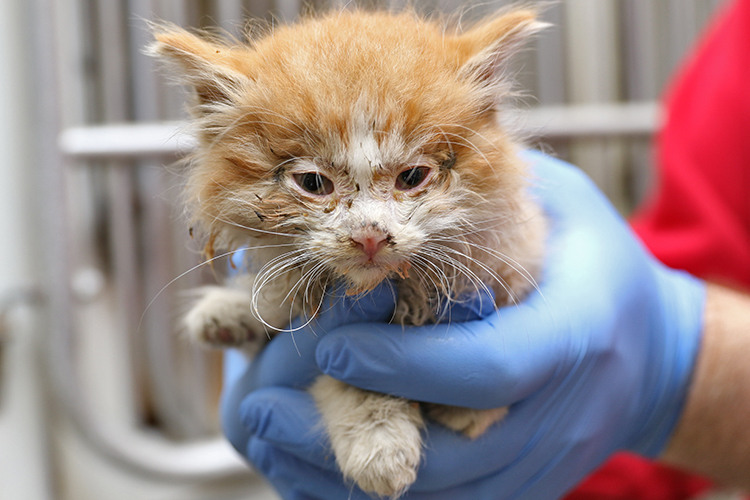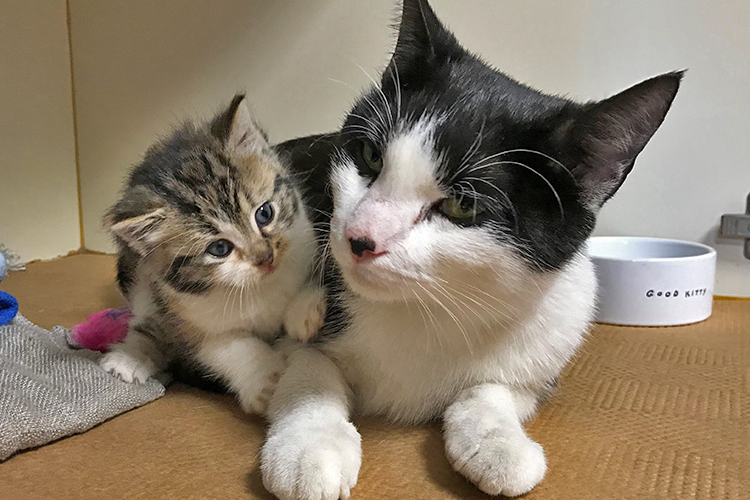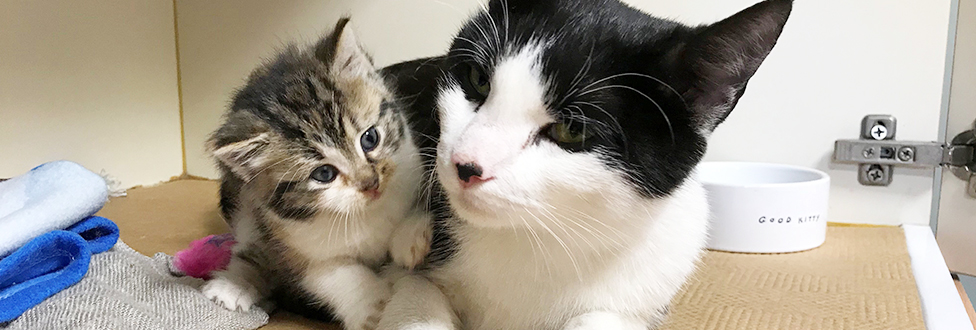ARL Caring for Mom and Puppies Involved in Animal Cruelty Investigation
ARL Law Enforcement Working with New Bedford Police
This past week, a video surfaced on social media showing a man in New Bedford allegedly hitting a dog with an unknown object.
New Bedford Police and Animal Control Departments responded and removed a female dog and her three puppies from the home and contacted the Animal Rescue League of Boston’s (ARL) Law Enforcement Department for assistance.
ARL Law Enforcement then brought the animals to Tufts Veterinary Emergency Treatment facility in Walpole for X-rays and forensic exams.
The following day the dogs were transferred to ARL’s Boston Animal Care and Adoption Center for on-going care and shelter.
Despite their ordeal, the animals are doing well, but are NOT currently available for adoption and it is unknown when their status will change.
The New Bedford Police Department has filed animal cruelty charges against the suspect in the video and are continuing to investigate the matter. ARL Law Enforcement has also made itself available to assist in the investigative process in any way needed.
Witness Animal Cruelty? Dial 9-1-1 Immediately
ARL Law Enforcement encourages anyone who suspects animal cruelty, neglect, or abuse to contact ARL at (617) 426-9170 or cruelty@arlboston.org to file a report. However, in an emergency situation, anyone who witnesses these unspeakable acts against an animal should dial 9-1-1 immediately.

